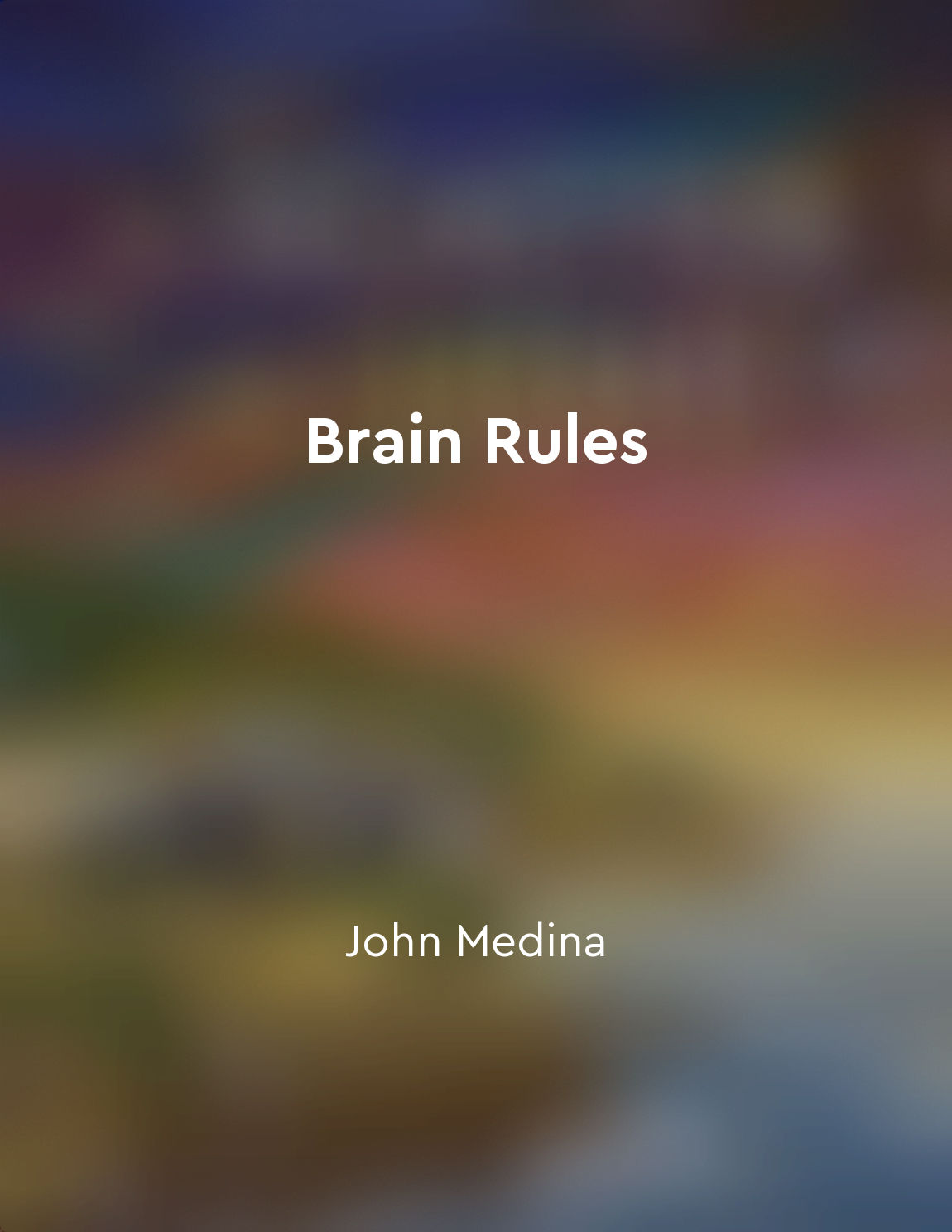Audio available in app
Motivation affects cognitive task engagement and outcomes from "summary" of Fundamentals of Cognitive Neuroscience by Nicole M. Gage,Bernard Baars
Motivation plays a critical role in how individuals engage with cognitive tasks and the results they achieve. It can be understood as the driving force that influences attention, effort, and persistence. When individuals are motivated, their cognitive resources are allocated more effectively, leading to enhanced performance. This heightened engagement manifests as increased focus, better problem-solving, and a greater likelihood of overcoming obstacles. The relationship between motivation and cognitive processing is further complicated by the type of motivation involved. Intrinsic motivation, driven by personal interest or enjoyment, often leads to deeper engagement and more profound learning experiences. In contrast, extrinsic motivation, which stems from external rewards or pressures, can sometimes yield superficial engagement, where tasks are approached merely to achieve a specific outcome rather than to understand or master the content. The intensity of motivation also significantly affects how tasks are approached. High motivation can enhance the ability to face challenges and persist through difficulties, while low motivation may result in disengagement and a tendency to avoid complex tasks. This variability can lead to discrepancies in outcomes, where motivated individuals may not only perform better but also retain information more effectively. Emotional states associated with motivation can influence cognitive functions such as memory and decision-making. Positive emotions can enhance creativity and flexibility in thought processes, while negative emotions might hinder performance and restrict cognitive resources. Therefore, understanding the dynamics of motivation offers crucial insights into optimizing learning environments and improving task performance across various cognitive domains.Similar Posts
Emotional intelligence is a valuable skill in navigating workplace dynamics
Emotional intelligence plays a crucial role in how we interact with others in the workplace. It involves being aware of and man...
Foster a growth mindset in students
To create a classroom environment conducive to learning and growth, it is essential to cultivate a growth mindset in students. ...

Emphasize the importance of perspectivetaking
In order to help children develop their critical thinking skills, it is essential to emphasize the importance of perspective-ta...
Explore different perspectives and viewpoints
When we explore different perspectives and viewpoints, we open ourselves up to a world of possibilities and insights that we ma...

Cultivate a positive mindset for success
To achieve success in any area of your life, it is crucial to cultivate a positive mindset. This means training your brain to f...
Provide opportunities for reflection
One of the most powerful tools we have as educators is the ability to create spaces for our students to think deeply about thei...

Longterm memory is often sustained by repetition
Longterm memory is often sustained by repetition because the brain is constantly looking for patterns. When the brain detects a...
Embracing mistakes as part of the learning journey is important
Mistakes are an inevitable part of the learning process. They are not something to be feared or avoided, but rather embraced as...
Engage in deliberate practice
Deliberate practice is not what most of us do on a daily basis. Most of the time, we engage in what can be termed as "mindless ...
Problemsolving skills come from experience
When it comes to solving problems, experience is key. This is because solving problems successfully requires a certain level of...
